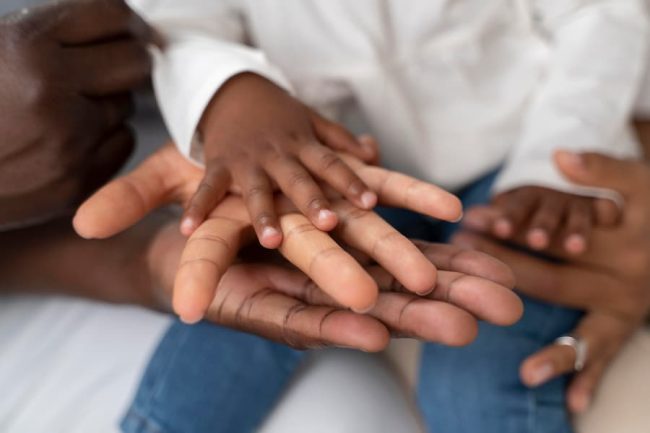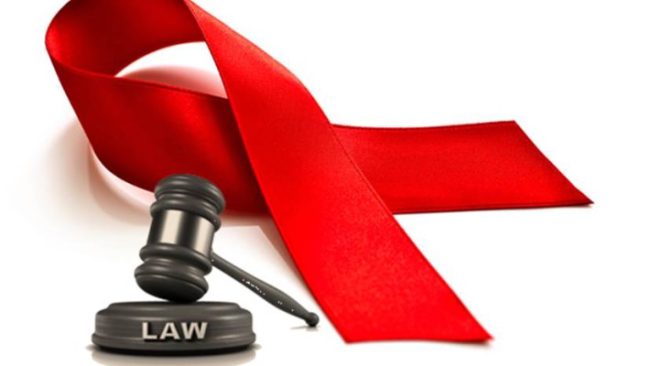Foster Care Unveiled: Legal Insights into Transformative Care
This article explores the distinctions between adoption and guardianship, advocating for specific regulations to address fostering in more detail. Discover how fostering complements children’s homes and the call for community and government collaboration to raise awareness and support for fostering initiatives.


